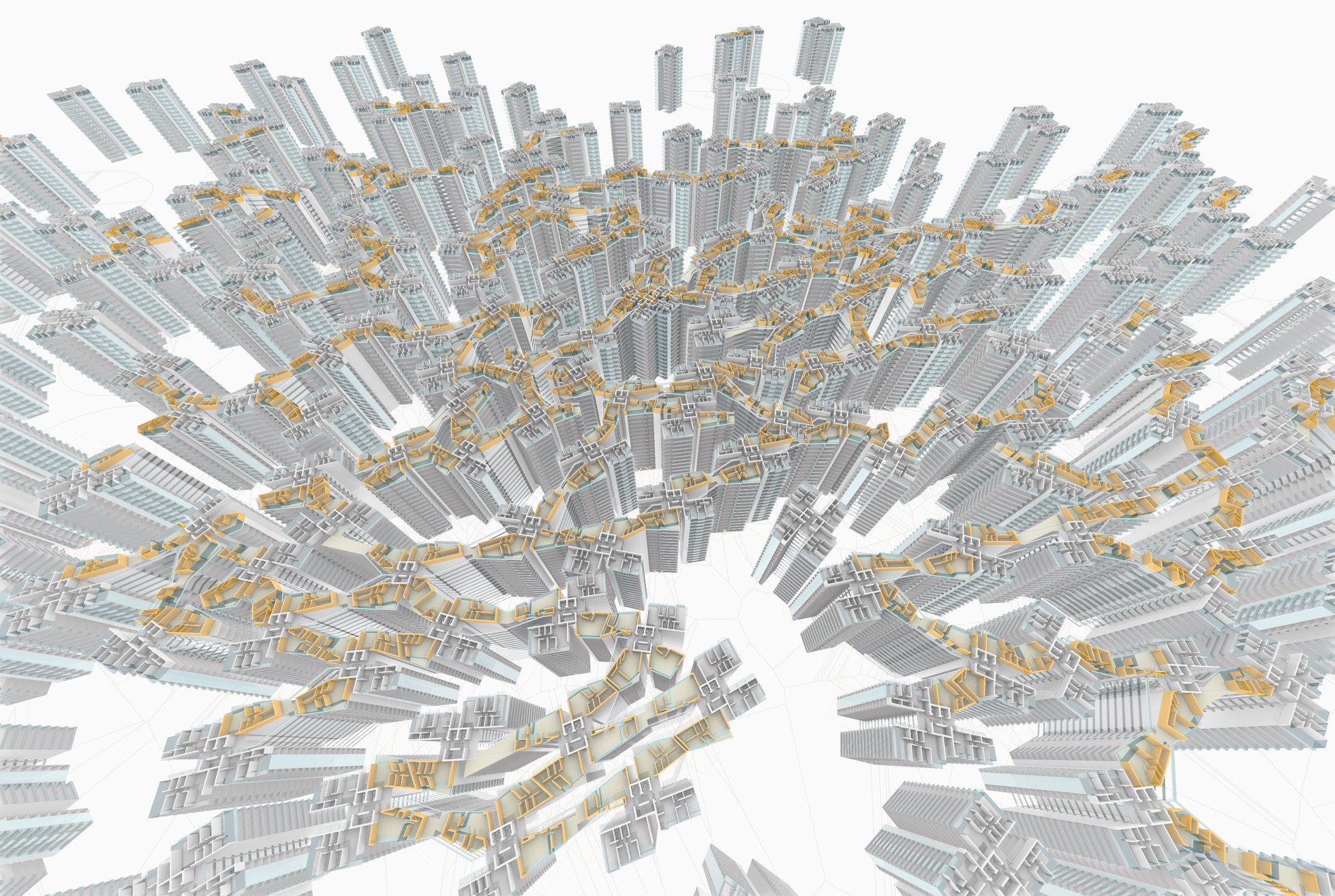
This program offers the Master of Science in Architecture (MS). It admits students with a bachelor’s degree in either architecture or non-architecture fields, and welcomes applicants with interests in architecture, design, digital media, civil engineering, electrical engineering, computer science, and other interdisciplinary areas. Students passionate about digital architecture and new media technologies are especially encouraged to apply, engaging in digital design research that combines avant-garde thinking with innovative applications.
Since 2023 (Academic Year 112), this program has been combined with the Architecture Design Program under the Design Research Program (Group A). Applicants should select Group A (Design Research) and indicate “Digital Design” as their area of specialization on the application form.
Building upon established directions such as Computational Design, CAD/CAM, AR/VR/MR, and Artificial Intelligence, and supported by more than a decade of faculty and student expertise in digital architecture and interdisciplinary design, the program focuses on three main areas:
Digital Design and Construction: parametric design, construction methods, spatial simulation, natural construction, robotic fabrication.
Interactive Architecture and Virtual Space: human-computer interaction, spatial installations, information spaces, information design, AI applications.
Smart Living and IoT: future living environments, smart cities, Internet of Things, interdisciplinary design.
Research topics are not limited to physical buildings but extend to the broad concept of “space,” including architecture, human environments, mental and social spaces, games, online networks, and communities.
In addition to core courses in digital design and new media, each semester the program invites industry professionals to offer digital project-based courses, while academic faculty teach theoretical and seminar courses. Every year, renowned domestic and international instructors lead intensive digital design workshops. Students are encouraged to present research at international conferences, participate in competitions, and join exhibitions, fostering global perspectives and environmental awareness. Students are also encouraged to take architecture- or cross-disciplinary electives to strengthen integrative design and practical abilities. Graduates are expected to become pioneers in the digital design field, bridge different disciplines, and pursue advanced academic research in Taiwan or abroad.
Two years (four semesters) of study, requiring 30 credits, including 2 digital-design-oriented studios (as designated), 1 design research methodology course, and 5 electives (at least 4 must be digital-design electives).
The master’s thesis must pass the Thesis Oral Examination Committee and be accepted at an international conference or shortlisted in an international competition.
Digital architecture began in the 1970s with CAD and 3D animation, evolved in the 2000s with CAD/CAM, virtual reality, and interactive technologies, and has since become a key field in global architectural practice. By the 2010s and looking toward 2020 and beyond, architectural education and practice face the challenge of extending the Bauhaus spirit into the 21st century through digital architecture and interdisciplinary design training.
The program emphasizes not only computer-based design but also design science, technology, computation, and new media, balancing theory and practice.
Students in this program are not only tool users but also tool creators. To remain at the forefront of design, one must be able to invent tools. Tools can take many forms—software, hardware, systems, methods, devices, media, materials, processes, ways of thinking, or even languages. As long as they are adaptable, reusable, and applicable, they are considered tools. We create tools not only for design practice but also for knowledge, everyday life, education, society, and global challenges.